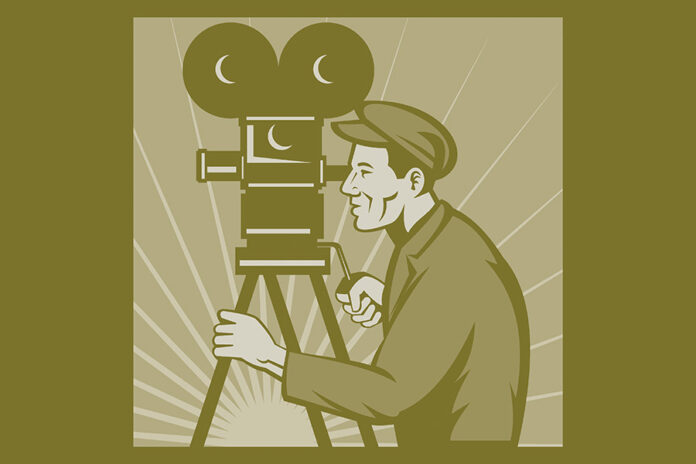On 16 August the Supreme People’s Court issued the Audio and Video Recording of Court Hearings Several Provisions (Fa Fa [2010] No. 33), laying down the first set of systematic requirements for making audio and video recording of court hearings. At present, hearings in Chinese courts are mainly recorded in writing and entered into a computer.
According to the Provisions, an audio or video recording must be made of hearings of criminal, civil and administrative cases in the ordinary procedures of the first instance and procedures of the second instance of a people’s court. Audio or video recording may be made, as needed, of hearings of cases in summary procedures and other procedures. No audio or video recording is needed of circuit hearings and other hearings not conducted in any court of justice which is not appropriate for audio or video recording.
Procedures for making recordings
According to the Provisions, the audio and video recording of court hearings must be conducted pursuant to the following procedures and requirements. First, audio and video recording must be conducted simultaneously with and throughout court hearings. Recording should start from the opening of a court session for a case (the participants in the proceedings must be notified of such recording) to the close of the court session. Second, audio and video recording must not be interrupted, except in the case of recess or mediation, the recording of which is not appropriate. Third, court clerks should enter into court records the start and end time of audio and video recording as well as details of any interruption. Fourth, people’s courts should keep audio and video recording files in special equipment, and save them as case materials on CD-ROM into the case files. Recordings must be kept for the same period as case files.
Uses of recordings
Although audio and video recording is not a statutory method of recording court hearings, it can be used in the following four areas pursuant to the Provisions. First, if the parties and other participants in the proceedings make an objection relating to court records and apply for corrections to be made, the court clerk should play the audio or video recording for verification or correction. Second, if a participant in the proceedings or a person in a public gallery disrupts court proceedings or impedes the smooth conduct of the proceedings during hearings, in violation of court rules or relevant legislation, an audio or video recording of the court hearings can be used as evidence against him or her. Third, if the parties and other participants in the proceedings believe the court hearings to be irregular or illegal, an audio or video recording of the court hearings can serve as the basis for a people’s court to conduct investigation and verification. Fourthly, the president or chief judge of a people’s court or the discipline inspection and supervision departments can have access to audio and video recording of court hearings as they may require for their work.
The Provisions also set forth measures for ensuring the authenticity and integrity of audio and video recording of court hearings; the procedures for handling cases where the particulars of audio and video recordings are incomplete or absent due to failures of equipment, technology or other causes; and liability for destroying or tampering with audio and video recordings of court hearings. Moreover, according to the Provisions, if a people’s court needs to make audio or video recording for other trials, enforcements, hearings, the entertaining of complaints or other activities, it may do so by referring to the Provisions. The higher people’s courts in various places may enact implementing rules in respect to the technology, management and application of audio and video recording in the light of their local conditions.
Business Law Digest is compiled with the assistance of Haiwen & Partners. The authors can be emailed at baochen@haiwen-law.com. Readers should not act on this information without seeking professional legal advice.






















